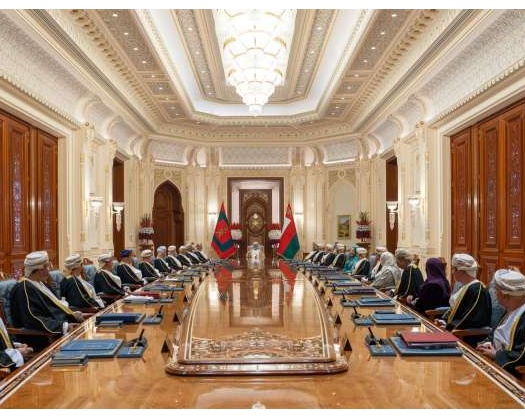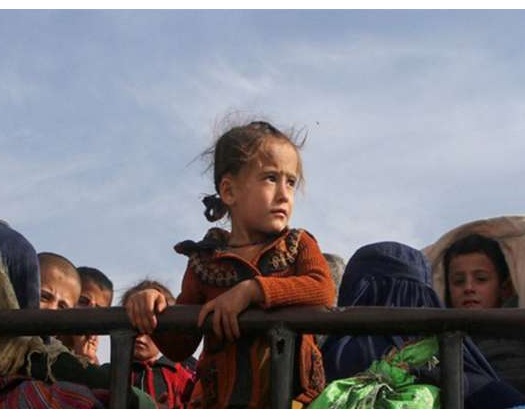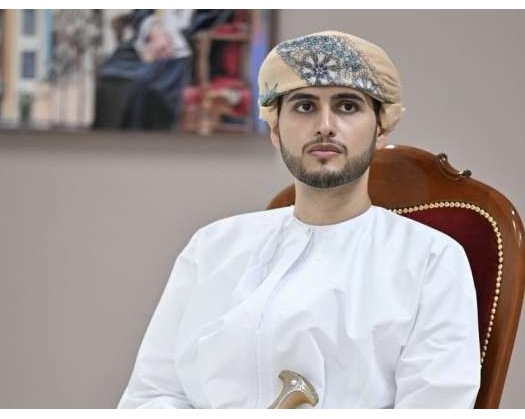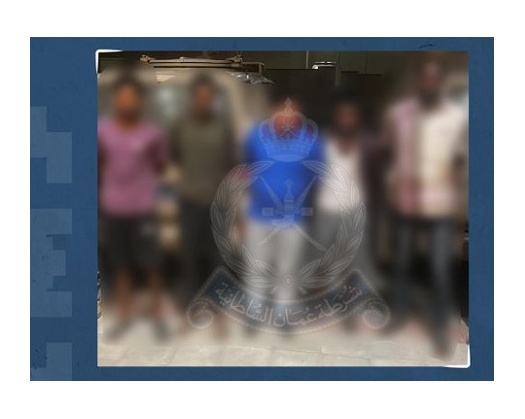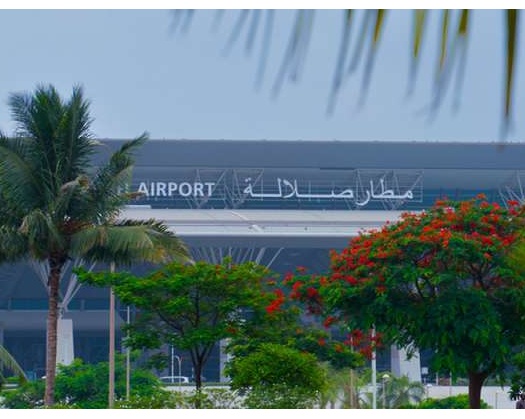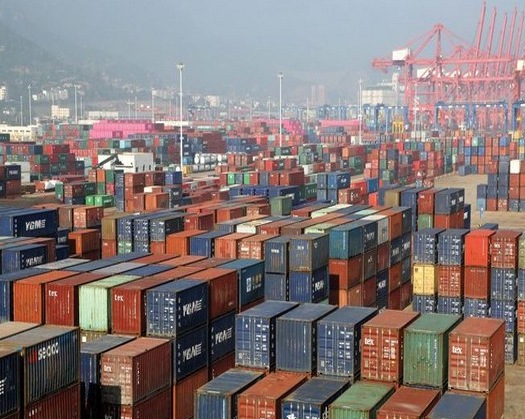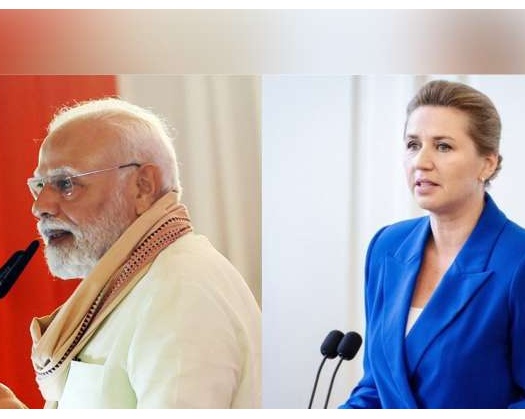Salalah: His Majesty Sultan Haitham bin Tarik chaired the Council of Ministers meeting at Al Mamourah Palace in Salalah.
During the meeting, the Council of Ministers reviewed the results of the Government Digital Transformation Programme (2021-2025), emphasizing significant milestones such as the launch of the unified national services portal, the endorsement of regulatory guidelines for digital governance, and the digitization of 74% of all government services.
Additionally, the programme included the execution of several artificial intelligence initiatives, establishing Oman as a regional center for data processing and AI algorithm development. These combined efforts have improved Oman's position to 45th globally and 5th in the Middle East and North Africa region on the Government AI Readiness Index.
The Council of Ministers also assessed the preliminary results of the State General Budget for 2025, observing that the Gross Domestic Product at constant prices experienced a growth of 3.4%, fueled by increased value-added in non-oil sectors.
Moreover, the year saw the launch of various projects and programs across different social and economic development areas.
The Council reviewed the elements of the draft State General Budget for the 2026 fiscal year, marking the first year of the Eleventh Five-Year Development Plan (2026-2030).
HM the Sultan has issued directives highlighting the importance of a cohesive national effort to achieve the goals of the upcoming development plan and to pursue higher economic growth rates.
This directive encompasses the establishment of appropriate mechanisms to enhance the national economy, expand its structure, and diversify income sources.
HM has urged the creation of vital solutions to address the challenges hindering the implementation of employment and training programs, emphasizing the importance of generating job opportunities across all sectors of the economy.
HM the Sultan has stressed the essential nature of consolidating the progress made and consistently maintaining the momentum to improve the Sultanate of Oman's position in these areas. He reiterated the need to strengthen economic and social stability, enhance the competitiveness of the national economy, and leverage the review and evaluation of results from the previous plan to achieve the objectives of Oman Vision 2040.
His Majesty also pointed out that the positive outcomes produced by the current plan help to reinforce confidence in the nation's future development paths.
HM the Sultan has praised the results and metrics achieved by the Tenth Five-Year Development Plan, as well as the objectives established for the Eleventh Plan.
HM praised the contributions of all units within the State Administrative Apparatus and the private sector, recognizing their commitment to implementing various development programs and projects. These joint efforts have significantly bolstered Oman's financial standing and economic performance, leading to tangible advancements across essential economic metrics.
HM the Sultan has instructed the establishment of a new undersecretary-level sector within the Ministry of Social Development framework. This sector will oversee all initiatives focused on enhancing services for individuals with disabilities, tackling sector-specific issues, fostering their effective empowerment and inclusion to improve their participation in societal development, and facilitating educational access at all levels.
The Council of Ministers has emphasized the necessity of improving the national employment platform "Tawteen" by creating an appropriate mechanism to boost the number of registered companies and completing the integration of its relevant databases. These actions are intended to leverage the platform's data to generate job opportunities for citizens. Launched in December 2024, the platform offers supply and demand information for positions, lists available job openings in both the public and private sectors, and keeps records of jobseekers.
HM the Sultan has mandated that the funds previously designated to support programs and pathways for employing jobseekers in the private sector—especially the wage support initiative—be increased to (OMR100) million, considering the significant engagement with these initiatives and programs by both the private sector and jobseekers.

